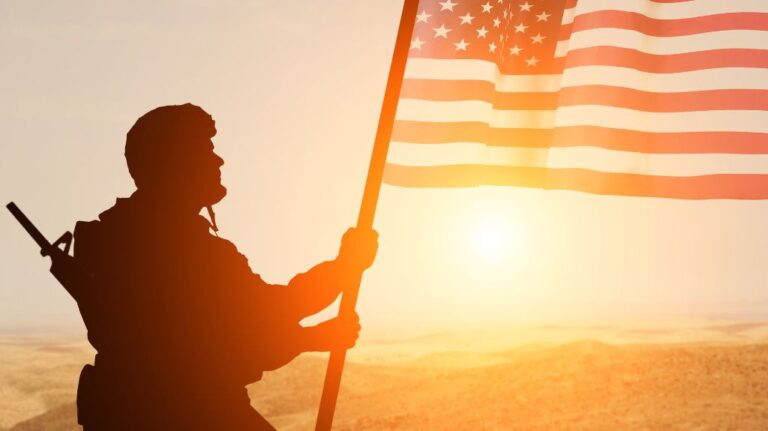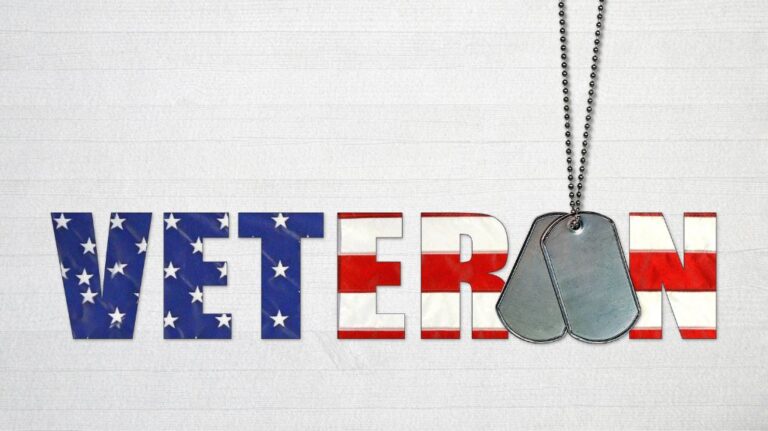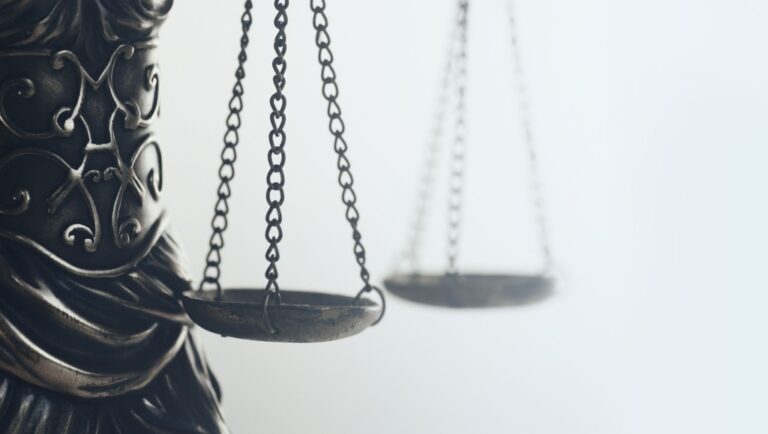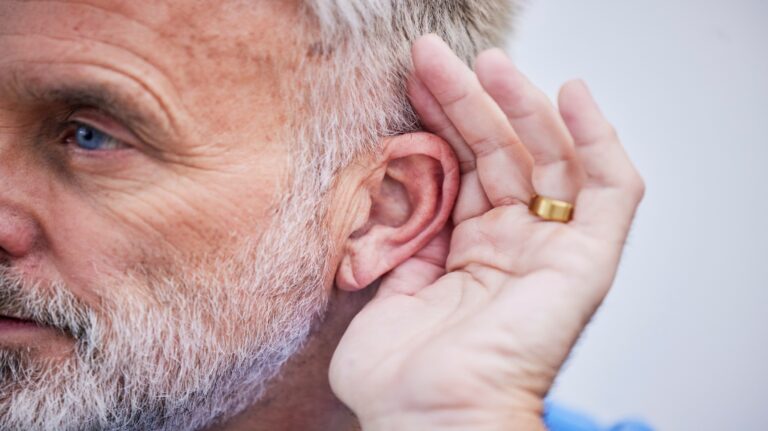What Benefits Do Veterans Get with a General Discharge?
Military service is a commendable act of dedication and sacrifice. When that service comes to an end veterans deserve support as they reintegrate into civilian life.
The type of discharge a veteran receives determines their eligibility for various Department of Veterans Affairs (VA) benefits. While a general discharge doesn’t offer the full spectrum of benefits available to veterans with honorable discharges, it still grants access to many valuable programs. Let’s delve into what veterans with general discharges can expect.

Understanding General Veteran Discharges
A general discharge, formally called “general discharge under honorable conditions,” indicates that a service member’s conduct and performance met expectations to some degree. However, there may have been minor disciplinary actions, performance issues, or administrative reasons for not receiving an honorable discharge. It’s important to note that a general discharge is not a negative reflection of a veteran’s service; it simply falls between honorable and other less favorable discharges.
Key Benefits Available for General Veteran Discharge
Despite not being an honorable discharge, a general discharge grants access to a significant portion of VA benefits. Here’s a breakdown of some of the most crucial programs:
- Healthcare: Veterans with general discharges are eligible for VA healthcare services, including medical treatment, prescriptions, and mental health care. This benefit is crucial for veterans who may require ongoing medical attention due to service-related injuries or illnesses.
- Disability Compensation: If a veteran’s current medical conditions are connected to their military service, they may qualify for disability compensation. The VA assesses the severity of the disability and assigns a corresponding compensation rating.
- VA Pension: For low-income veterans who meet specific age and service requirements, a VA pension can provide financial assistance. This benefit helps ensure basic needs are met.
- Employment Assistance: The VA offers a variety of programs to help veterans find jobs or obtain job training. These resources can be invaluable in navigating the civilian workforce after military service.
- Home Loan Guaranty: Veterans with general discharges are eligible for VA home loan guaranties. This program allows veterans to secure mortgages with more favorable interest rates and lower down payments.
Benefits with Limitations for General Veteran Discharge
While a general discharge unlocks many doors, there are some limitations compared to an honorable discharge. Here’s what veterans with general discharges may not be eligible for:
- GI Bill Education Benefits: The Montgomery GI Bill® (Active Duty) and the Post-9/11 GI Bill® typically require an honorable discharge for eligibility. However, there may be exceptions in certain circumstances, so exploring options with the VA is recommended.
- Reenlistment: Veterans with general discharges cannot reenlist in the military.
Maximizing General Discharge Benefits
Here are some steps veterans with general discharges can take to maximize their benefits:
- Gather Discharge Documents: Keep a copy of your DD Form 214 (Certificate of Release or Discharge from Active Duty) readily available. This document contains crucial information needed for accessing benefits.
- Contact the VA: The VA offers a wealth of resources and support for veterans. Utilize their call centers, regional offices, or online resources to learn more about specific programs and eligibility requirements.
- Seek Help from Veteran Service Organizations: Organizations like the American Legion, Veterans of Foreign Wars (VFW), and Disabled American Veterans (DAV) provide valuable assistance with navigating the VA benefits system. They can offer guidance on filing claims and advocating for your entitlements.
Beyond the Benefits: Additional Support
Transitioning back to civilian life can be challenging, and veterans with general discharges may face additional hurdles due to the limitations associated with their discharge type. Here are some resources that can provide additional support:
- Mental Health Services: The VA offers comprehensive mental health programs specifically tailored to veterans’ needs. Don’t hesitate to seek help if you’re struggling with readjustment or emotional challenges.
- Career Counseling: VA career counselors can assist with resume development, interview skills, and job search strategies. They can connect you with training programs and employment opportunities that align with your skills and experience.
- Community Support Groups: Connecting with other veterans who have similar experiences can be a source of strength and understanding. There are numerous veteran-specific support groups available online and in local communities.
VA Benefits and General Discharge
A general discharge signifies a service member’s overall satisfactory performance, though with some shortcomings. While it doesn’t provide access to all VA benefits, it unlocks a significant portion of them, including healthcare, disability compensation, and home loan assistance.
By understanding their eligibility and utilizing available resources, veterans with general discharges can successfully transition to civilian life and access the support they deserve. Remember, your service to your country is valued, and there are people and programs in place to help you thrive after military service.
If you have received a general discharge, and are having a difficult time securing crucial VA benefits or have already been denied, a VA benefits attorney can help assist you with your situation. You can speak with someone today to discuss what you have going on. You may also be able to get a discharge upgrade to improve your status.






